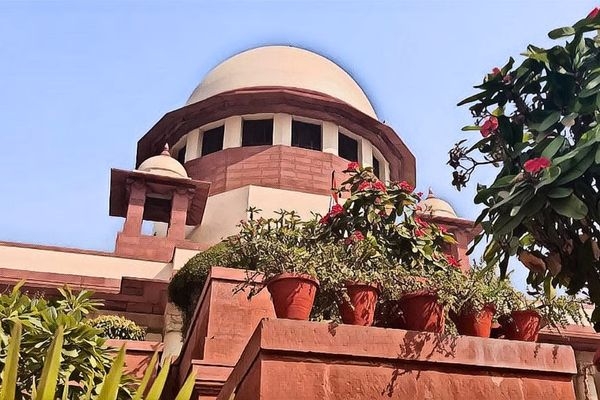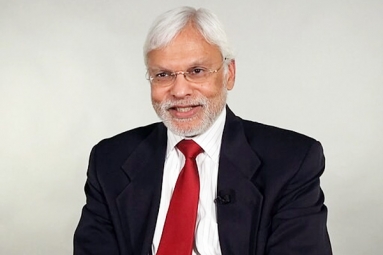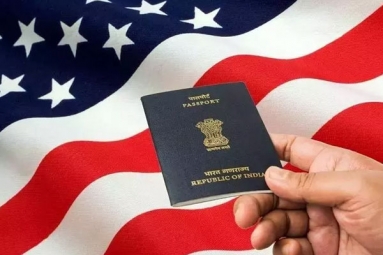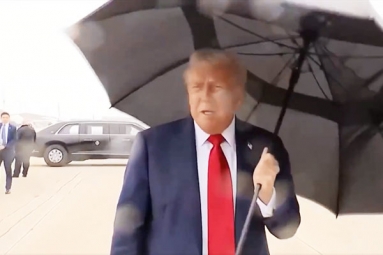
(Image source from: Barandbench.com)
On Thursday afternoon, the Supreme Court rejected a request from the Telangana government that aimed to challenge the High Court's temporary hold on expanding reservations beyond the 50 percent limit established by the Supreme Court in the 1992 Indra Sawhney ruling for Other Backward Classes, or OBC, groups.
The state contended that raising quotas—by allocating 42 percent reservation for OBCs in local elections, leading to overall quotas of 67 percent—is a "policy decision." Senior lawyer Abhishek Manu Singhvi, representing Chief Minister Revanth Reddy's administration, stated, “All parties unanimously support this policy. How can this be put on hold without arguments? Except for a few initial pages of the High Court ruling, no justification has been provided for the hold.” He questioned Justice Vikram Nath and Justice Sandeep Mehta, asking, “Who are these judges to impose a stay without any arguments when it was approved unanimously by the legislature?”
When addressing the issue of the quotas surpassing the 50 percent ceiling, Singhvi claimed, “There is a misunderstanding that the Indra Sawhney case enforced a strict 50 percent limit.” He argued that the ruling allows for exceptions in special situations. On the opposing side, senior lawyer Gopal Sankaranarayanan supported the High Court's decision by referencing prior Supreme Court rulings regarding reservation limits. “The ruling we are disputing increased reservations to 42 percent for OBCs, which raises the total above 60 percent,” he explained, referencing the 2010 K Krishna Murthy judgment from the Supreme Court that confirmed the 50 percent limit. Last month, Chief Justice Aparesh Kumar Singh and Justice GM Mohiuddin delivered the contested High Court ruling on petitions challenging three government orders, one of which mandated the 42 percent reservation and the other two provided guidelines.
The High Court noted that the increase seemed to breach the 50 percent limit and pointed to the Supreme Court's "triple test" for such situations. This involves setting up a commission to carry out an empirical study, defining the percentage of reservations based on that study, and the crucial aspect that the total reservation for Scheduled Castes, Scheduled Tribes, and OBC candidates must not exceed 50 percent. The High Court determined that the proposed increased reservation did not pass this test, leading to the suspension of all three orders until a final ruling on their legality is made.'







